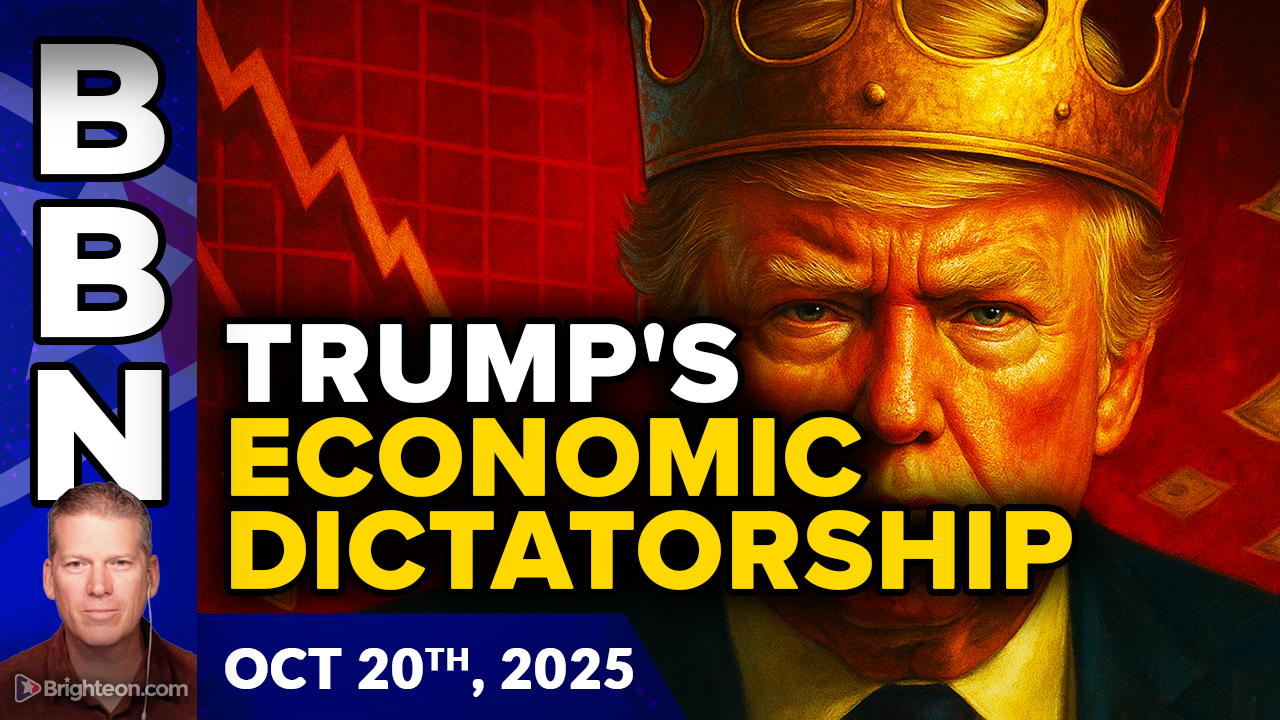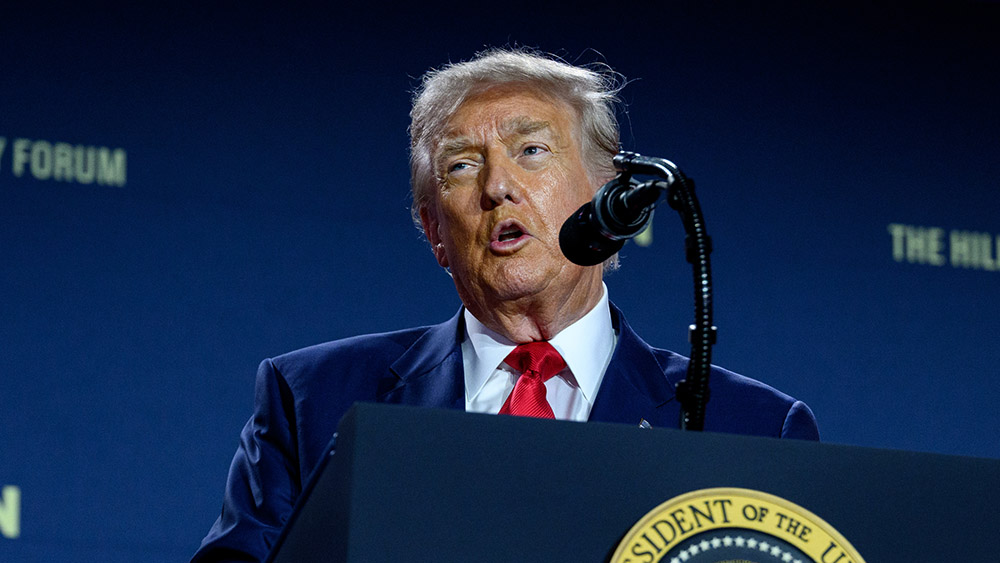 Parler
Parler Gab
Gab
- Government-Mandated Price Floors for Rare Earth Minerals: The Trump administration has introduced a policy that sets minimum prices for rare earth minerals, aiming to combat China's dominance in the global market and reduce US dependency on foreign suppliers.
- Potential Economic Consequences: Critics warn that setting price floors could lead to supply chain disruptions, inflation, and a decline in American manufacturing competitiveness.
- Supporters' Perspective: Proponents argue that the policy is necessary to protect American industries and ensure national security, fostering domestic production and innovation.
- Critics' Perspective: Opponents see the policy as a departure from free market principles, potentially leading to long-term economic damage and government overreach.
- Expansion to Other Industries: Treasury Secretary Bessent hinted at expanding the policy to other critical industries, raising concerns about further government control and economic implications.
Policy Details and Implications
Price Floors for Strategic Industries The new policy will set price floors for a range of strategic industries, starting with rare earth minerals. Rare earth minerals are critical for the production of high-tech devices, including military equipment, and China currently dominates the global market. By setting price floors, the administration aims to incentivize domestic production and reduce dependency on China. Potential Economic Consequences However, economic experts are wary of the potential negative consequences. Setting price floors can lead to several issues:- Supply Chain Disruptions: Higher prices may deter some manufacturers from using rare earth minerals, leading to a shift in production processes and potential supply chain disruptions.
- Inflation: Increased costs for raw materials can lead to higher prices for finished products, contributing to overall inflation and making American goods less competitive in the global market.
- Market Distortion: Central planning and price manipulation can distort market signals, leading to inefficiencies and misallocation of resources.
Debate Over Economic Liberty and Control
Supporters' Perspective Proponents of the policy argue that it is necessary to protect American industries from foreign competition and ensure national security. They contend that the measures are a strategic response to China's dominance in critical sectors and will foster domestic production and innovation. Critics' Perspective Critics, however, see the policy as a departure from free market principles and a move toward a more controlled economic model. They argue that the government should not dictate prices and that such interventions can have catastrophic long-term effects on the economy. They also point out that the policy could backfire if other countries retaliate with trade measures or if domestic producers fail to meet the increased production demands.Expansion to Other Industries
Treasury Secretary Bessent hinted that the policy could be expanded to other industries, including microchips, medicine, and telecommunications. This suggests a broader shift toward a more centralized economic model, which has raised additional concerns about the potential for further government overreach.Conclusion
The Trump administration's move to implement government-mandated price floors is a significant departure from traditional free market policies. While the intent is to protect American industries and national security, the potential for supply chain disruptions, inflation, and market distortion cannot be ignored. As the policy is implemented, the American people and businesses will need to navigate these changes and their broader economic implications. Watch the Oct. 20 episode of "Brighteon Broadcast News" as Mike Adams, the Health Ranger, talks about Trump's ECONOMIC DICTATORSHIP with nationwide price controls. This video is from the Health Ranger Report channel on Brighteon.com.More related stories:
Poll finds 74% of Americans still grapple with INFLATION Health Ranger Report: John Perez warns of imminent SURGE in silver and gold markets Trump’s border war: Majority backs mass deportations and stricter border controls Sources include: Brighteon.comInfected lab monkeys ESCAPE after Mississippi highway crash, sparking public health concerns
By Ramon Tomey // Share
Judge rules OpenAI must face claims of mass-scale copyright theft from authors
By Cassie B. // Share
A tale of two disasters: FEMA denies Maryland as administration expands foreign aid
By Willow Tohi // Share
U.S. intensifies push for Hungary to end Russian oil dependency
By Patrick Lewis // Share
Zelensky threatens to intensify long-range strikes deep inside Russia
By Belle Carter // Share
Governments continue to obscure COVID-19 vaccine data amid rising concerns over excess deaths
By patricklewis // Share
Tech giant Microsoft backs EXTINCTION with its support of carbon capture programs
By ramontomeydw // Share
Germany to resume arms exports to Israel despite repeated ceasefire violations
By isabelle // Share










